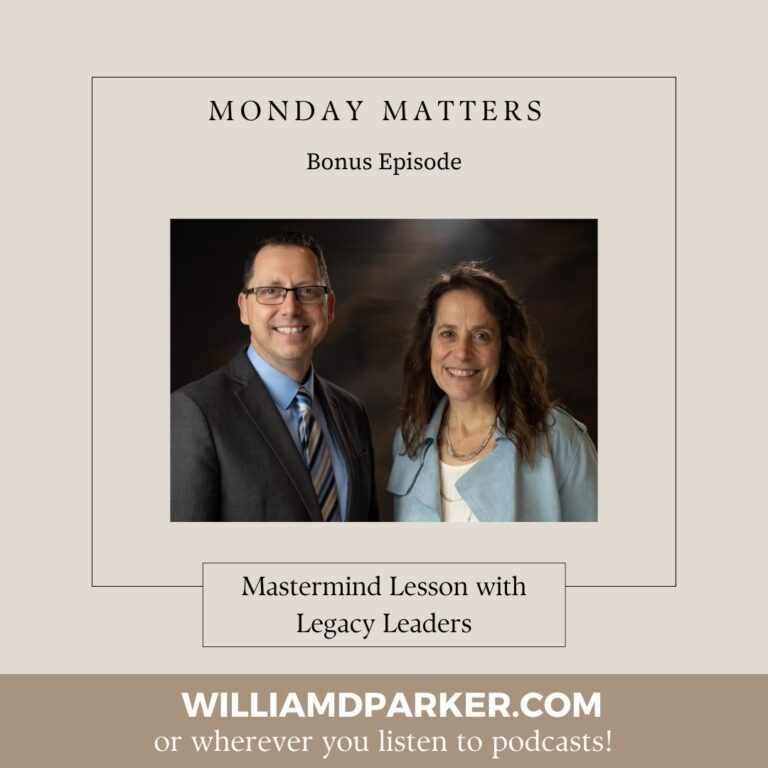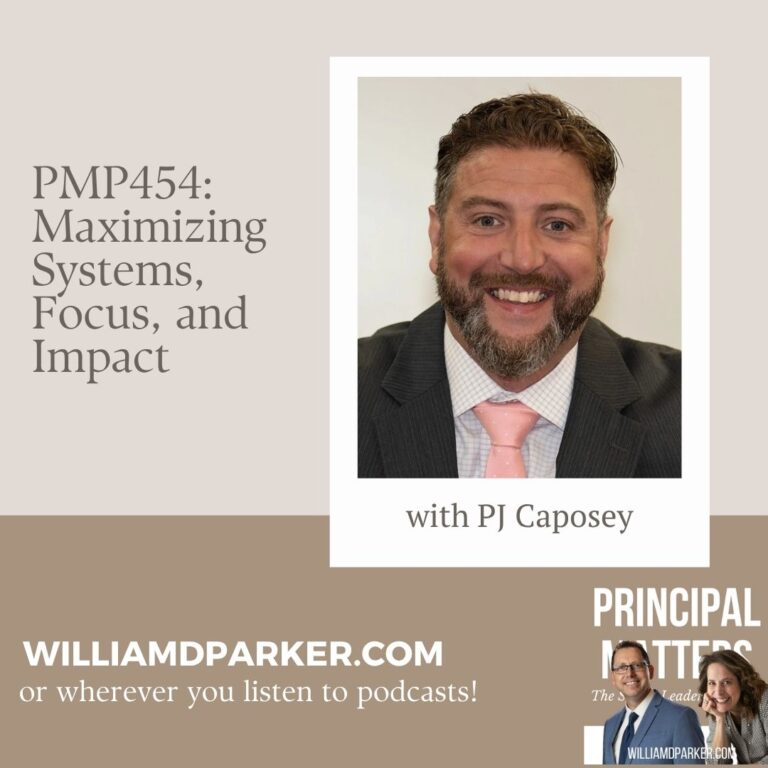Podcast: Play in new window | Download
One of the biggest surprises for school new school leaders may be the conflicts that arise with adults.

Whether you are encountering conflicts with parents, colleagues or community members, these situations can be difficult to manage. Even experienced principals will tell you that managing conflicts is one of their most challenging but important responsibilities.
In this week’s episode, author Jen Schwanke and I discuss the “why’s” and the “how’s” in managing adult conflicts — many of the ideas she shares in her book, You’re the Principal, Now What! Strategies and Solutions for New School Leaders.
The “why’s” of managing adult conflict
First of all, let’s talk about the motivations adults have when bringing conflicts to the principal’s office. As you are encountering scenarios, keep these ideas in mind:
- People really do care about students and issues.
Just as you care deeply about students, so do other adults. Assuming best intentions is a better place to start than assuming the worst. - People want to be heard and understood.
Always seek to understand first before being understood. People often need to feel heard before being offered a solution. - People need mediators to help keep the focus on what is important.
You often have the 1,000 foot view of your school because you have the responsibility to keep the big picture in mind. This places you in an important role as a referee and mediator. - It’s never “done.” There is always another coming…
Dealing with conflict often means embracing that part of your work that is unpleasant. It will continue to be a role you play, so learn the skills and patience to become better — even while understanding you’ll never be perfect at conflict resolution. - There’s no measure of success. Sometimes everyone leaves unhappy.
Even if you cannot help others reach a solution they like, you can still be a strong listener and advocate for what is right. In the end, the goal is not happiness, it is reasonable and wise guidance. - We are “evaluated” by how well we help other people solve problems.
Like it or not, your ability to manage and resolve conflict helps the entire school community and district in its service. Learning to do this well also helps you make the jobs of your superintendent or supervisors a lot easier.
The first-steps in managing adult conflicts
Principals manage a lot of discipline scenarios, and some adult conversations can turn ugly. Here are some general ideas for managing tough conversations:
- Know your district’s policies and procedures.
When relying on the guidelines provided by your district, you have a measuring stick that is often objective and will be supported by your upper administration (in the best case scenarios). Either way, it is essential to let your policies be the primary guidance for consistency in decision making and mediation. - Keep your cool.
It may be hard to keep your own emotions in check, but in order to provide objective feedback, it is a must. Your ability to gauge the emotions in a room and provide clear, calm responses will often help guide the outcomes. - Meet in person.
When possible, it is best to meet face-to-face with someone who is upset, angry, or emotional. You will rarely resolve conflicts through texts or emails. People tend to be less defensive or volatile when face-to-face, and scheduling a meeting offers some time to collect your thoughts and calm emotions. - Filter out gossip vs. truth.
Yes, people will often try to find ways around policies and procedures by diverting the topic to gossip, exaggerations, half-truths or lies. Stick to the facts. Show empathy but be discerning for what is truthful. This also means understanding both sides of an issue before making a decision. - Take responsibility/apologize when it is warranted.
It’s okay to say “I’m sorry” to a parent or other adult when you need to validate their emotions. - Remember the pressure the other party is feeling.
It takes time and courage to reach out with concerns, so be aware of the pressures others feel, acknowledge their stress, and try not to take complaints personally.
Let’s Wrap This Up
All of these steps happen after you’ve established with others that you care and are willing to listen. You will never perfectly manage conflicts, but you can help guide others through tricky or difficult situations by staying objective, relying on strong policies, keeping your cool, and trying to see others’ perspectives. In the end, we all have room to grow when it comes to mediating tough conversations.
Now It’s Your Turn
What is a step you can take to practice active listening when others bring you concerns while also relying on strong policies and procedures to guide your decisions? In next week’s post, PMP:149, Jen and I will dive deeper into other practical steps and scenarios for managing and resolving conflicts with adults.
Sign-Up For Free Updates and Ebook
When you enter your email address below, you will automatically receive my newest posts and a free Ebook, 8 Hats: Essential Roles for School Leaders. Let’s keep learning together!
Subscribe for free weekly updates and receive free e-book!
(function($) {window.fnames = new Array(); window.ftypes = new Array();fnames[0]=’EMAIL’;ftypes[0]=’email’;fnames[1]=’FNAME’;ftypes[1]=’text’;fnames[2]=’LNAME’;ftypes[2]=’text’;}(jQuery));var $mcj = jQuery.noConflict(true);
Principal Matters–The Book!

School leaders are very busy, so each of the twenty-four chapters is designed as a quick-read and followed with take-action questions for follow-up or reflection. If you want practical ideas on understanding your purpose, managing school teams, dealing with challenges, and leading with courage, action, motivation, and teamwork, go HERE to pick up a copy for you or your team.
Messaging Matters

Harness the power of messaging to create a culture of acknowledgment, respect, and celebration. Written specially for leaders, this title is divided into three parts, helping readers to maximize their role as chief communicators with students, teachers, and parents and community. Each chapter includes suggestions for using digital tools to enhance messaging and ends with reflection questions and practical next steps.


